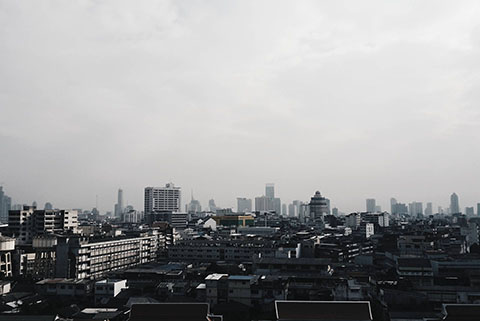Minister wants to speed tax breaks to boost investment

Finance Minister Agus Martowardojo has promised he will accelerate the implementation of tax incentives to stimulate local investment.
Speaking to reporters on Tuesday, Agus said that the government had introduced several tax allowances and tax holidays to motivate local companies to invest in 122 strategic industrial sectors.
The minister hoped that the increase in investment would also help boost declining exports.
“We have to support whatever means are needed to increase our exports as well as to keep imports under control,” Agus said in Jakarta.
A government regulation promulgated this year that revises a 2008 regulation provides for tax allowances to promote investment.
The allowance reduces an investor’s annual net taxable income by 5 percent of the total value of their investment for a six year period.
The regulation also stipulates that the facility will cover accelerated depreciation and amortization and provides a maximum income tax rate of 10 percent on dividends paid to offshore taxpayers.
It also provides a loss carry-forward period from five to 10 years.
Under the tax holiday facility stipulated by the regulation, those who invest at least Rp 1 trillion (US$110 million) will be exempt from income tax for five to 10 years, depending on the size and location of their investment and the multiplier effect.
Agus said that one of the main industrial sectors targeted for investment by the tax holiday facility was the basic metal industry, due to the nation’s reliance on basic metals.
According to the Industry Ministry, the nation’s basic metal and iron industry grew by 5.57 percent in the first quarter of 2012, down from the 17.56 percent growth reported in the same period last year.
Executives have attributed slowing growth in the industry to supply shortfalls.
Agus said that the government would also expand the tax holiday facility to the renewable energy industrial sector to boost investment in that sector.
Analysts have criticized the government for failing to capitalize on the nation’s renewable energy potential.
Agus previously said that investors backing the construction of oil refineries would receive additional financial incentives from the government after they complete feasibility studies.
Analysts have said that the nation must build more refineries to curb fuel imports.
Indonesia currently operates six refineries that can process up to 1.03 million barrels of oil per day (bpd), although their realized potential barely tops 676,000 bpd.
The refineries are located in Dumai, Riau, which has a capacity of 170,000 bpd; Plaju, South Sumatra, with 118,000 bpd; Cilacap, Central Java, with 348,000 bpd; Balikpapan, East Kalimantan, with 260,000 bpd; Balongan, West Java, with 125,000 bpd; and Kasim, West Papua, with 10,000 bpd.
The Energy and Mineral Resources Ministry has predicted that local demand will top 1.29 million bpd by 2015, assuming that fuel consumption will grow 4 percent per year.
The last refinery built in Indonesian was Balongan, West Java, in 1994. (asa)


